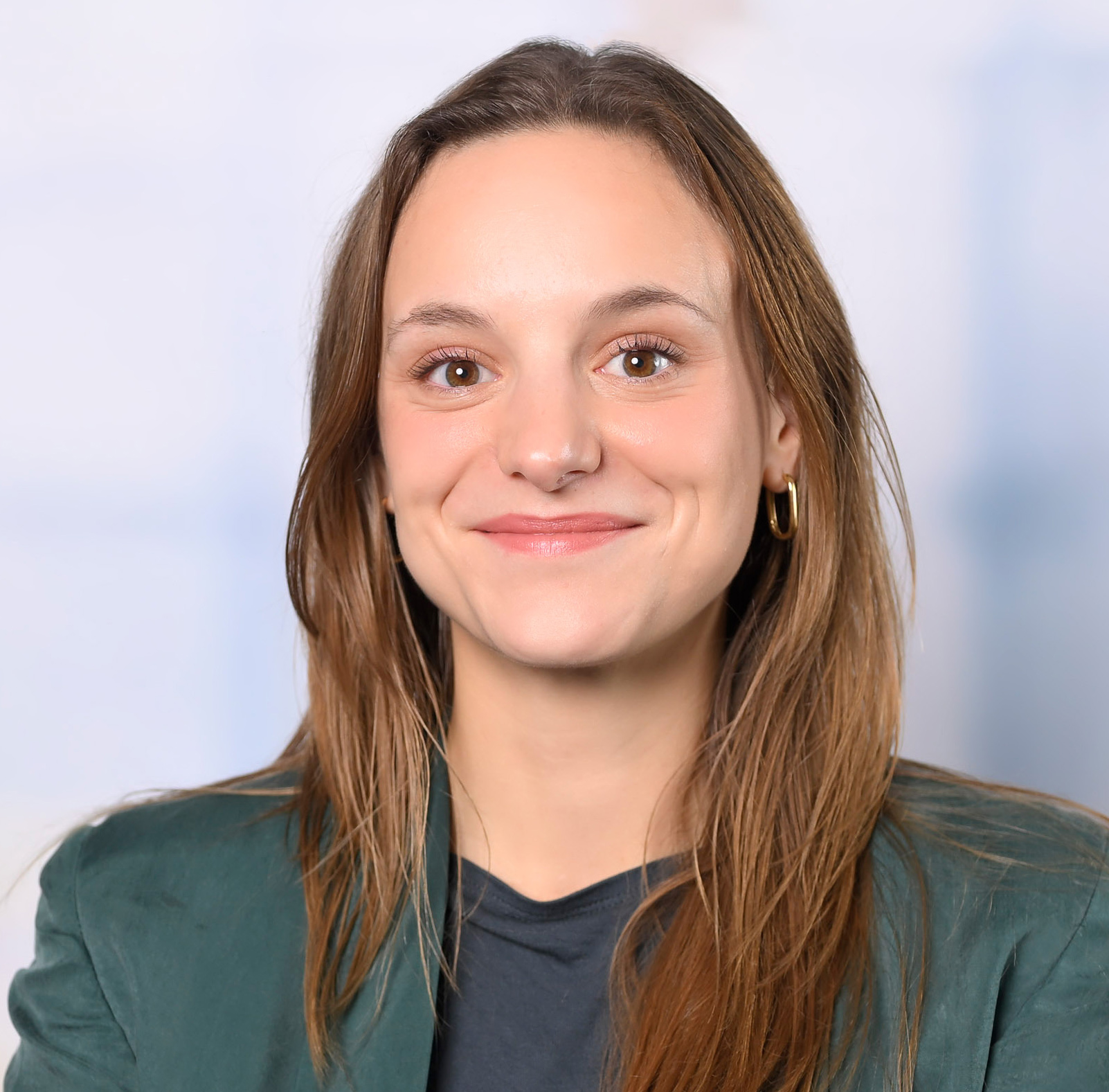Marlein Geraeds

Room 2.93, CEG Faculty
Stevinweg 1
Delft, The Netherlands
Hi! Welcome to my online portfolio.
Currently, I am a PhD candidate in the Physical Oceanography group (Faculty Civil Engineering, Department of Hydraulic Engineering, Environmental Fluid Mechanics section) at Delft University of Technology. I am advised by prof. dr. Julie Pietrzak, as well as prof. dr. Caroline Katsman and prof. dr. ir. Martin Verlaan.
I hold a bachelor’s degree in Civil Engineering and a master’s degree in Hydraulic Engineering (cum laude), both from Delft University of Technology as well. In my master’s degree I specialized in Environmental Fluid Mechanics, taking courses in Physical Oceanography, Stratified Flows, and Computational Hydraulics. This is when my fascination with oceanography and the world of modelling started.
In search of research-related internships during my master’s degree in the realm of sustainability and oceanography, I ended up at the The Ocean Cleanup, where I did research on detecting riverine macroplastics using novel measuring techniques. We came up with a protocol to detect plastics in remote areas using Unmanned Aerial Vehicles (UAV’s) - or drones - which we tested in Malaysia in preparation of the deployment of the first Interceptor. Although this might seem very applied, the focus of the internship was to deliver research as a stepping stone to more novel plastic detection techniques, which is why we published a paper in MDPI’s Remote Sensing in 2019.
Enthralled and inspired by my first steps in research, I approached prof. Pietrzak to re-focus on oceanography for my master’s thesis. I ended up in a collaboration with the Port of Rotterdam, where I focused on modelling and understanding the hydrodynamics of an eco-innovative sediment re-use project in the Rotterdam Waterway, that was executed in the summer of 2019. This is also where I continued to work as a junior advisor hydrodynamics before starting as a PhD candidate.
My PhD work is part of the SALTISolutions project, which consists of a consortium of research and industry partners. The SALTISolutions project as a whole has the aim to produce a comprehensive digital twin of a Dutch delta, for the Rhine-Meuse Delta (RMD) is chosen as “a living lab”. The digital twin will integrate knowledge about processes influencing salt intrusion of various spatial and temporal scales. Within this bigger project, my research focuses on developing a detailed 3D hydrostatic model for accurate predictions of salt intrusion, as well as to gain insight into salt transport processes in the RMD. As the project focuses on predicting and understanding salt intrusion (events), we often use a drought event as a proxy for the most severe case of salt intrusion.
My research interests include numerical modelling, estuarine hydrodynamics, and salt intrusion dynamics. Outside of research I enjoy playing field hockey, pilates, hiking, and all kinds of creative hobbies, like painting, sewing, pottery, carpentry, and graphical design (amongst others).